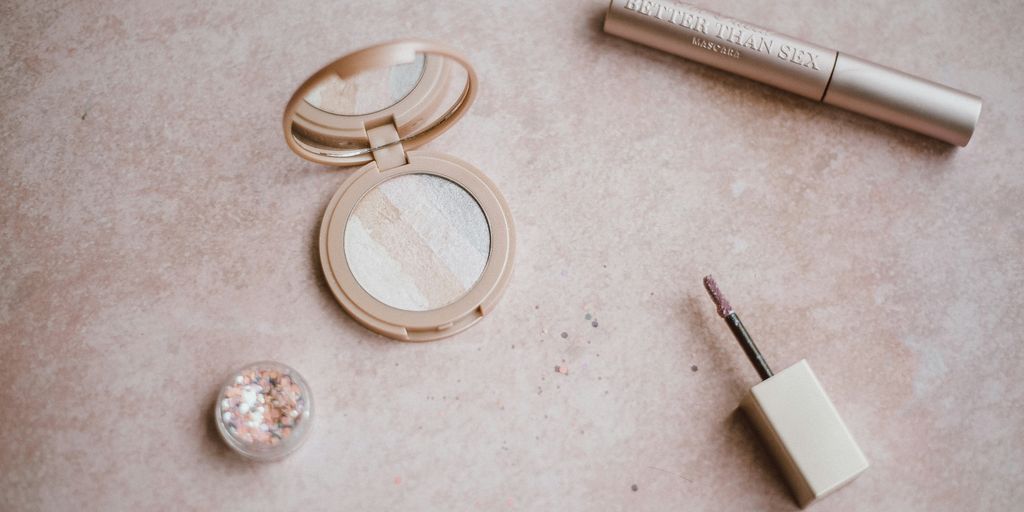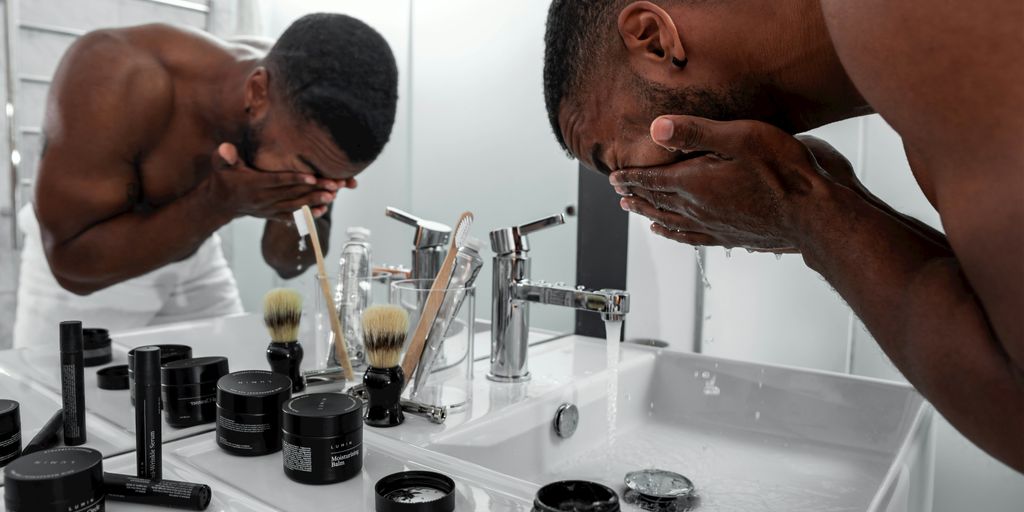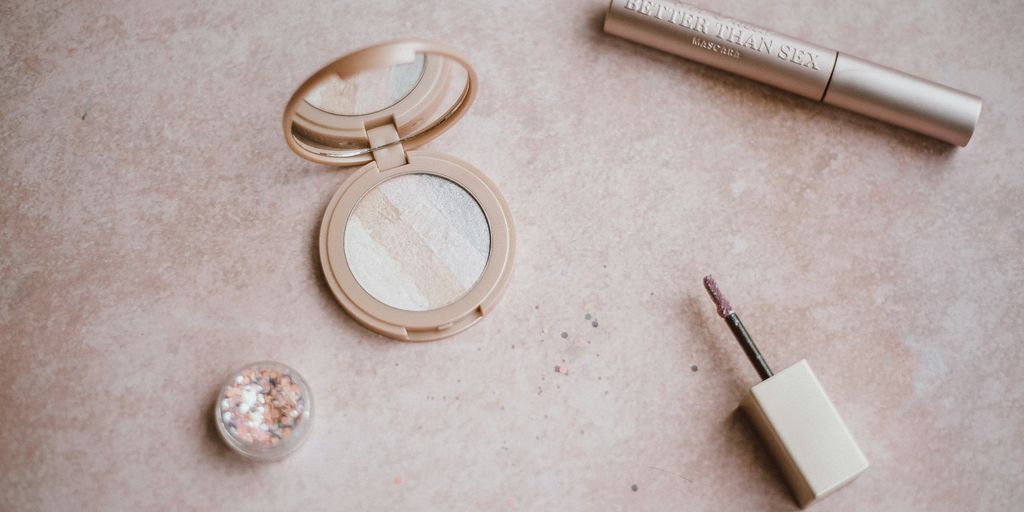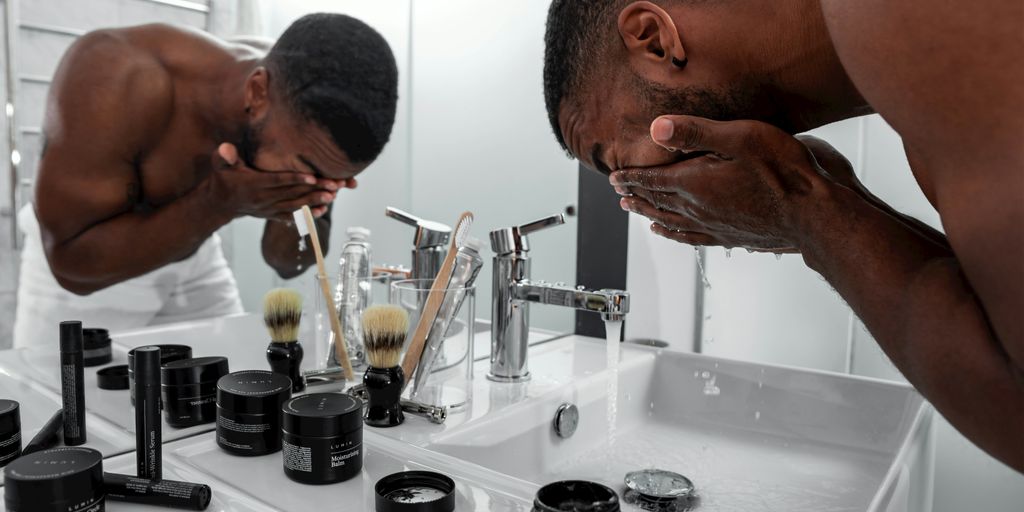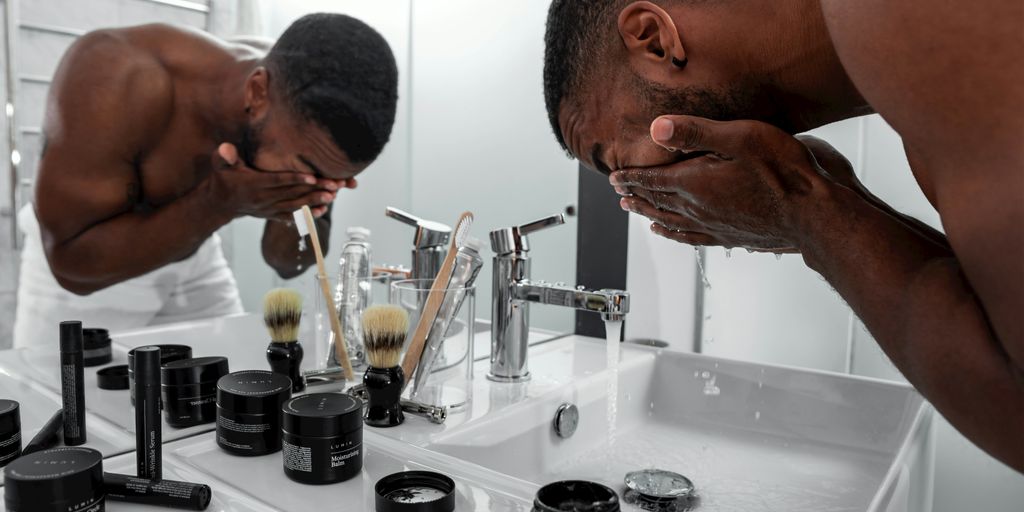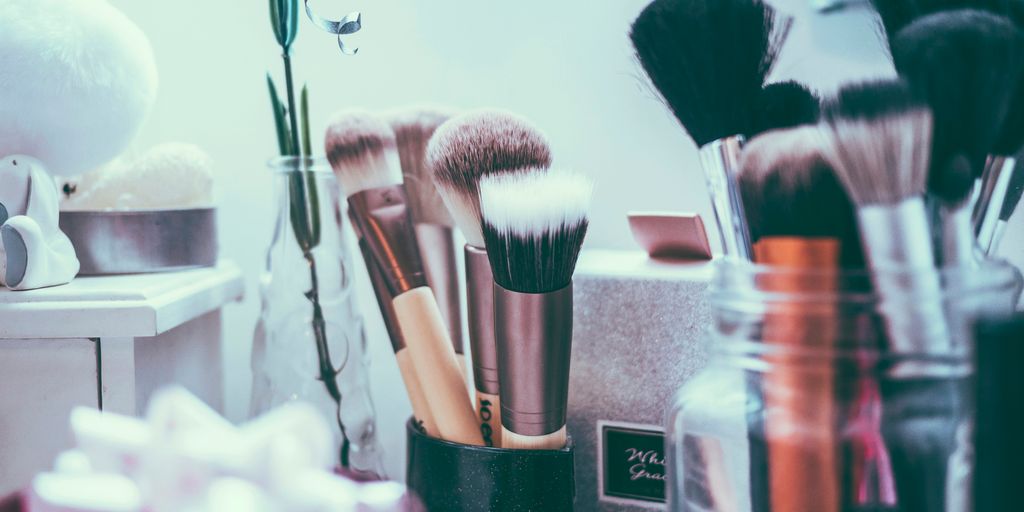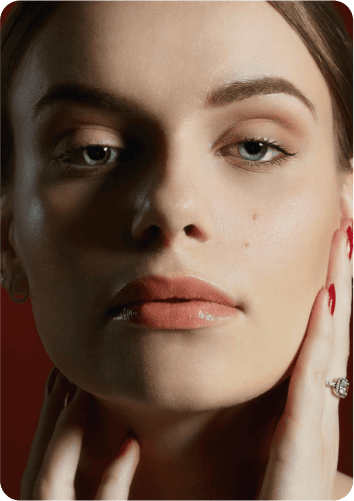As we step into 2025, the beauty industry continues to face scrutiny over animal testing practices. Too Faced, a well-known makeup brand, has long claimed to be cruelty-free, but what does that really mean? In this article, we’ll explore Too Faced’s animal testing policies, their vegan options, and how they stack up against other cruelty-free brands. Let’s dive into the details and uncover the truth about whether Too Faced is truly cruelty-free.
Key Takeaways
- Too Faced maintains a commitment to cruelty-free practices, avoiding animal testing.
- They offer a range of vegan products, catering to ethical consumers.
- Consumer demand for ethical beauty is influencing brands to adopt more transparent practices.
- Too Faced competes with other cruelty-free brands by emphasizing unique product offerings and ethical commitments.
- Understanding cruelty-free versus vegan is important for informed shopping choices.
Understanding Too Faced’s Cruelty-Free Status
It’s a big question for many makeup lovers: Is Too Faced really cruelty-free? It’s not always a simple yes or no, so let’s break down what it means for a brand to claim this status and how Too Faced measures up in 2025. We’ll look at their public statements, ingredient sourcing, and how consumer demand plays a role.
The Brand’s Commitment to Ethical Practices
Too Faced has stated a commitment to being cruelty-free, but what does that actually mean? It usually means they don’t conduct animal testing themselves, nor do they ask others to do it for them. However, it’s important to dig deeper and see if this commitment holds up across their entire supply chain. Things get tricky when brands sell in countries where animal testing is required by law. It’s a complex situation, and transparency is key.
Transparency in Ingredient Sourcing
Where do Too Faced’s ingredients come from? This is a big deal because even if the final product isn’t tested on animals, some individual ingredients might be. A truly cruelty-free brand will ensure that every step of the process, from raw materials to finished product, is free from animal testing. It’s about tracing the origins and making sure suppliers share the same ethical values.
Consumer Demand for Cruelty-Free Products
Consumers are speaking up! More and more people want makeup that hasn’t been tested on animals. This demand is pushing brands like Too Faced to take cruelty-free claims seriously. When we choose cruelty-free, we’re not just buying makeup; we’re supporting a movement. It’s about voting with our wallets and showing the beauty industry that ethics matter.
The growing demand for ethical products is reshaping the beauty industry. Consumers are more informed and empowered than ever before, driving brands to adopt more humane practices. This shift is not just a trend; it’s a fundamental change in how we view beauty and its impact on the world.
Too Faced’s Animal Testing Policies
Current Testing Practices
Okay, so let’s talk about where Too Faced stands with animal testing right now. It’s a bit of a maze, honestly. Too Faced states they don’t conduct animal testing, which is great. But, like many brands, they operate in a world where things aren’t always black and white. Sometimes, even if a company doesn’t directly test on animals, their suppliers might, or it could happen if the law requires it in certain countries. It’s something to keep in mind.
Compliance with International Standards
Navigating international standards is tricky. Different countries have different rules, and what’s okay in one place might not be in another. Too Faced aims to comply with the regulations in every market they’re in, but animal testing laws can be a real headache. For example, some countries still require animal testing for imported cosmetics. So, even if Too Faced is cruelty-free in the US, their products might undergo testing elsewhere to be sold there. It’s a complex situation, and it’s why many people are pushing for global bans on cosmetic animal testing.
Impact of Regulations on Testing
Regulations have a HUGE impact. As more places ban animal testing, companies like Too Faced have to adapt. The rise of ethical consumerism is also a factor. More and more people care about cruelty-free products, and that puts pressure on brands to change their ways. The regulations are getting stricter, and technology is improving, so there are more alternatives to animal testing now. It’s a win-win for everyone – except maybe the companies that are stuck in the past.
The push for cruelty-free cosmetics is gaining momentum, driven by consumer demand and technological advancements. This shift is not just about ethics; it’s about embracing innovation and aligning with evolving global values. The future of beauty is cruelty-free, and companies that adapt will thrive.
The Vegan Options Offered by Too Faced
Too Faced has definitely made strides in recent years to cater to the growing demand for vegan cosmetics. It’s not a fully vegan brand, but they do have a selection of products formulated without any animal-derived ingredients. Finding these options requires a little digging, but it’s worth it for those committed to vegan beauty.
Overview of Vegan Product Lines
Too Faced offers a variety of vegan products across different categories, including complexion, eye, and lip products. While not all their lines are entirely vegan, many individual items within those lines are. For example, some of their popular eyeshadow palettes might have a few vegan shades, while others aren’t vegan at all. It’s important to check each product’s ingredient list carefully. Some of their brushes, like the Teddy Bear hair brushes, are made of synthetic material and are vegan.
Ingredient Transparency
One of the biggest challenges for vegan consumers is ingredient transparency. Too Faced has improved in this area, but there’s still room for growth. They do provide ingredient lists on their website, but it can be time-consuming to cross-reference every ingredient to ensure it’s vegan. Look for products clearly labeled as vegan. It would be great if Too Faced could implement a more user-friendly system, like a dedicated vegan filter on their website, to make it easier for consumers to identify suitable products.
Consumer Reception of Vegan Offerings
Consumer response to Too Faced’s vegan options has been generally positive. Many appreciate the brand’s effort to include vegan choices, even if the entire product line isn’t vegan. There’s a growing demand for more vegan options, and consumers are vocal about wanting clearer labeling and more transparency. As ethical consumerism continues to rise, Too Faced has the opportunity to further expand its vegan offerings and solidify its position as a brand that cares about animal welfare.
It’s great to see brands like Too Faced responding to the call for vegan cosmetics. While they may not be 100% vegan, the availability of vegan options is a step in the right direction. Consumers can support these efforts by choosing vegan products and encouraging brands to continue expanding their vegan lines.
Here are some things consumers are looking for:
- Clearer labeling of vegan products.
- More vegan options across all product categories.
- Increased transparency about ingredient sourcing.
Comparing Too Faced with Other Cruelty-Free Brands
It’s helpful to see how Too Faced stacks up against other brands that also prioritize ethical practices. This can help you make informed choices that align with your values. Let’s take a look at some key comparisons.
Leading Competitors in the Market
Several brands are well-known for their cruelty-free status. Urban Decay, for example, has been a long-time advocate against animal testing, offering a wide range of vibrant and innovative makeup. e.l.f. Cosmetics is another strong contender, proving that cruelty-free doesn’t have to break the bank. Tarte Cosmetics is also popular, especially their Amazonian Clay Foundation, which combines natural ingredients with high performance. Milk Makeup is another brand to consider. These brands, like Too Faced, cater to consumers who want ethical beauty options.
Unique Selling Points of Too Faced
Too Faced stands out with its playful packaging and eye-catching palettes. They’ve built a brand around joy and femininity, while still maintaining a commitment to cruelty-free practices. While many brands offer vegan options, Too Faced has a substantial portion of their line dedicated to vegan products, appealing to a broad audience. Their commitment to no-fur brushes, like the Teddy Bear and Mr. Right brushes, further emphasizes their dedication to animal welfare. It’s this combination of fun and ethics that sets them apart.
Consumer Preferences and Brand Loyalty
Consumer preferences in the cruelty-free market are diverse. Some shoppers prioritize affordability, while others focus on high-end performance or specific ingredients. Brand loyalty often stems from a combination of factors, including product quality, ethical alignment, and brand image. Too Faced has cultivated a loyal following through its consistent messaging and commitment to cruelty-free practices. Ultimately, the best brand for each consumer depends on their individual needs and values.
Choosing cruelty-free brands is a personal decision, and understanding the landscape helps you make informed choices. By supporting brands like Too Faced and its competitors, you’re contributing to a more ethical and sustainable beauty industry.
The Importance of Cruelty-Free Choices

It’s easy to get caught up in the latest beauty trends, but it’s also important to think about the impact our choices have. Choosing cruelty-free isn’t just a trend; it’s a step towards a more ethical and sustainable world. It’s about making informed decisions that align with our values.
Ethical Consumerism Trends
More and more people are choosing products based on their values, not just price or popularity. This shift towards ethical consumerism is changing the beauty industry. People want to know where their products come from and how they’re made. They’re looking for brands that are transparent and committed to doing good. This trend is pushing companies to rethink their practices and prioritize ethical and sustainable methods.
Impact on Animal Welfare
Animal testing in the cosmetics industry can involve painful and inhumane procedures. Choosing cruelty-free products directly reduces the demand for these practices. It sends a message to companies that consumers care about animal welfare and are willing to support brands that share those values. It’s a way to vote with your wallet and contribute to a world where animals are treated with respect.
Long-Term Benefits for the Beauty Industry
Choosing cruelty-free isn’t just about protecting animals; it’s also about creating a more sustainable and innovative beauty industry. When companies are forced to find alternatives to animal testing, they often invest in new technologies and ingredients that are better for both people and the planet. This can lead to safer, more effective products and a more responsible industry overall.
By supporting cruelty-free brands, we’re not just buying makeup; we’re investing in a future where beauty doesn’t come at the expense of animal suffering. It’s a small choice that can make a big difference.
Debunking Myths About Cruelty-Free Makeup
It’s easy to get lost in what’s true and what’s not when it comes to cruelty-free makeup. Let’s clear up some common misunderstandings. One big myth is that cruelty-free makeup is always super expensive. That’s just not the case anymore. There are tons of affordable options out there that don’t test on animals.
Cost Misconceptions
People often think going cruelty-free means emptying your wallet, but that’s simply not true. You can find great cruelty-free products at all price points. Brands like e.l.f. and Wet n Wild prove that you don’t have to spend a fortune to be kind to animals. It’s all about doing your research and finding what works for you and your budget.
Quality Comparisons
Another myth is that cruelty-free makeup isn’t as good as regular makeup. This couldn’t be further from the truth!
- Many cruelty-free brands invest heavily in research and development.
- They use innovative ingredients to create high-performing products.
- Lots of makeup artists and beauty influencers swear by cruelty-free brands.
Don’t let anyone tell you that you have to sacrifice quality to be cruelty-free. The beauty industry has come a long way, and there are tons of amazing cruelty-free products that perform just as well, if not better, than their non-cruelty-free counterparts.
Understanding Cruelty-Free vs. Vegan
It’s important to know the difference between cruelty-free and vegan. Cruelty-free means the product wasn’t tested on animals, but it might still contain animal-derived ingredients like beeswax or honey. Vegan means the product doesn’t contain any animal-derived ingredients, but it might still be tested on animals (though many vegan brands are also cruelty-free!). So, if you’re looking for both, make sure to check for both certifications or claims.
How to Verify Cruelty-Free Claims
It can feel like a real challenge to make sure a brand’s claims about being cruelty-free are actually true. There’s a lot of ‘greenwashing’ out there, where companies try to appear ethical without making real changes. So, how can you, as a consumer, be sure you’re making informed choices? It’s all about doing a little digging and knowing what to look for.
Recognizing Trusted Certifications
One of the easiest ways to verify cruelty-free claims is by looking for certifications from trusted organizations. Leaping Bunny and PETA are two of the most well-known. These groups have strict standards that companies must meet to earn their certification. When you see their logos on a product, it’s a good sign that the brand has taken steps to avoid animal testing. However, it’s still a good idea to do some extra research, as certification isn’t the only factor to consider.
Researching Brand Practices
Don’t just rely on logos. Take some time to research the brand’s practices yourself. Check their website for a clear statement about their animal testing policy. Do they test on animals themselves? Do their suppliers test on animals? Are they selling their products in countries where animal testing is required by law? Look for transparency and specific details, not just vague statements about being "against animal cruelty".
It’s important to remember that even if a company claims to be cruelty-free, they might still be selling products in markets where animal testing is mandatory. This is a tricky area, and it’s up to each individual consumer to decide if they’re comfortable supporting a brand that operates this way.
Utilizing Consumer Resources
There are many online resources available to help you verify cruelty-free claims. Websites like Ethical Consumer and Logical Harmony maintain lists of cruelty-free brands and provide information about their policies. You can also check out blogs and forums where other consumers share their research and experiences. Remember, it’s always a good idea to get information from multiple sources before making a decision.
Here’s a quick guide to some helpful resources:
- Leaping Bunny Program: Offers a comprehensive list of certified brands.
- PETA’s Cruelty-Free List: Provides a searchable database of companies that do and don’t test on animals.
- Ethical Consumer: Rates companies on their ethical and environmental performance.
To check if a product is truly cruelty-free, look for certifications from trusted organizations. These labels show that the product hasn’t been tested on animals. You can also research the brand online to see if they have a clear policy against animal testing. If you want to learn more about how to make informed choices, visit our website for helpful tips and resources!
Final Thoughts on Too Faced’s Cruelty-Free Status
So, after digging into Too Faced and their practices, it’s clear they’re making strides in the right direction. They’ve committed to being cruelty-free and have a good chunk of their products labeled vegan. That’s a big deal for many of us who care about animal welfare. But, like with any brand, it’s smart to stay informed. Always check for the latest updates, because things can change. Supporting brands that align with your values is important, and Too Faced seems to be on that path. In the end, your choices matter. By opting for cruelty-free products, you’re not just buying makeup; you’re supporting a movement towards a kinder beauty industry.
Frequently Asked Questions
Is Too Faced a cruelty-free brand?
Yes, Too Faced is a cruelty-free brand. They do not test their products on animals.
Are all Too Faced products vegan?
Not all Too Faced products are vegan, but they do offer a range of vegan options.
How can I tell if a product is cruelty-free?
Look for certifications from trusted organizations like PETA or Leaping Bunny on the product packaging.
Does Too Faced test on animals in other countries?
Too Faced does not test on animals, even in countries where it might be required by law.
Why is cruelty-free makeup important?
Cruelty-free makeup is important because it helps protect animals from suffering and promotes ethical practices in the beauty industry.
What should I look for when buying cruelty-free products?
Look for brands that clearly state they are cruelty-free and check for certifications to ensure their claims are true.
